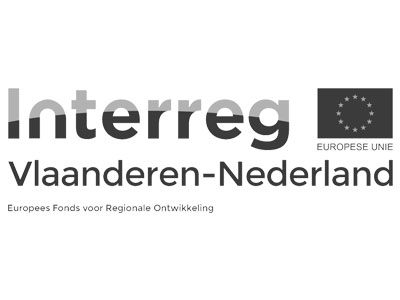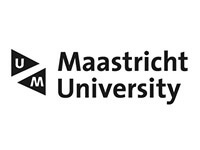The agrEUfood project focuses on developing an innovative test that enables food producers to monitor their products. This prevents bacterial contamination and recalls.
Bacterial contaminants
Detecting bacterial contaminants in the agri-food industry is a necessary but expensive and complicated process. Current practice is to have samples analysed at regular intervals by a specialised laboratory. This analysis is based on classical bacteriological techniques, which can take up to a week to arrive at an analysis. With this working method, certain contaminants may not be detected in time. This increases the risk of a recall with associated economic loss and image damage.
Cheap and efficient screening
An innovative test that allows food producers to efficiently and cheaply monitor their products would thus be a huge economic asset for the sector. Such monitoring could prevent such recalls and outbreaks. Maastricht University, KU Leuven and Hasselt University recently developed a sensor technology that could provide a solution. This technology, based on a combination of synthetic receptors and thermal resistance measurements, has been successfully tested in the laboratory.
Industrialisation
In agrEUfood, this innovative technology will be further developed to make the translation to an industrial application within the agri-food sector. To make this possible, the knowledge institutions within this project are joining forces with private companies such as Voxdale (hardware) and Yookr (hardware and software). The pilot will take place at Dürüm Company, a producer of tortilla-based products, and Alberts NV, which uses an automated machine for preparing ready-to-eat smoothies. For the pilot, both their raw materials and finished products will be screened for bacterial contamination.










